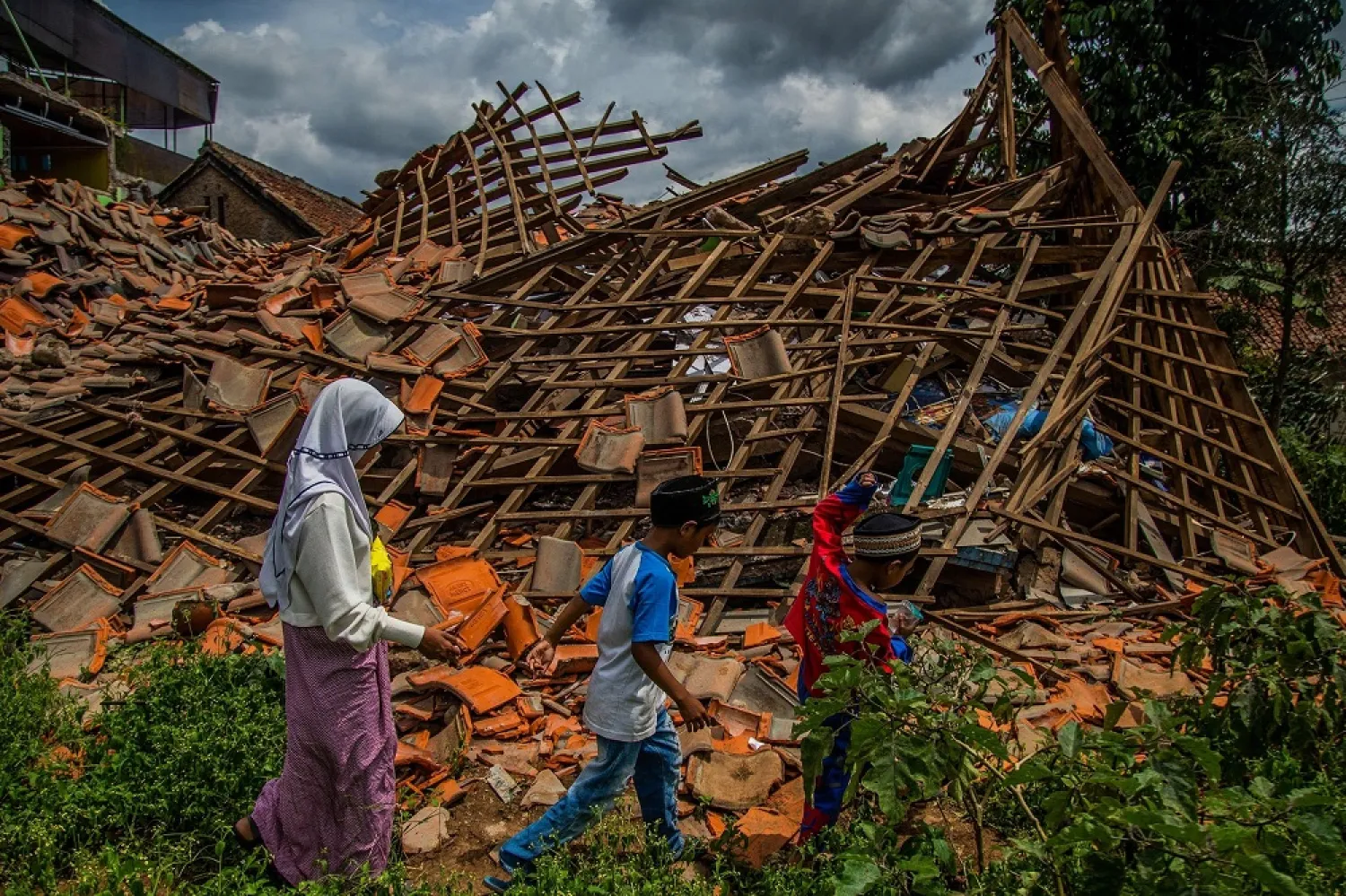North Korea's ruling party touted nuclear advances as it re-elected Kim Jong Un to the top post of general secretary, state media said Monday, during a rare national congress.
Thousands of party elites have packed the capital Pyongyang for a once-in-five-years summit of the ruling Workers' Party, a gathering that directs state efforts on everything from diplomacy to war planning.
The congress offers a rare glimpse into the political workings of reclusive North Korea, and is widely seen as a forum for Kim to flex his grip on power.
Military top brass made a "pledge of loyalty" to Kim as delegates rubber-stamped his re-election as general secretary on Sunday, the Korean Central News Agency said.
The congress singled out Kim's efforts to keep unnamed foes at bay by "radically" improving its "nuclear forces".
"He has energetically led the work to turn the Korean People's Army, the pivot of national defense and pillar of safeguarding peace, into an elite and powerful army," read a party statement.
"And thus (he has) built the revolutionary armed forces capable of coping with any threat of aggression on their own initiative and fully prepared for any form of war."
China's President Xi Jinping hailed a "new chapter" in relations with North Korea after Kim's re-election.
In a striking display of his elevated status on the world stage, Kim appeared alongside Xi and Russia's Vladimir Putin at a military parade in Beijing last year.
Kim is expected to unveil the next phase in North Korea's nuclear weapons program later in the days-long congress.
Under Kim, North Korea's nuclear arsenal has been transformed from a source of mild global concern to something treated as a genuine threat.
It has been more than eight years since North Korea's last nuclear test triggered a man-made earthquake underneath the northern Hamyong mountains.
Pyongyang's atomic scientists have worked since then to harness this power in portable warheads that can be attached to long-range missiles.
Kim unveiled a battery of huge nuclear-capable rocket launchers just days before the congress opened.
- Friend or foe -
Photos released by state media showed dozens of launch vehicles parked in neat rows on the plaza of Pyongyang's House of Culture.
It is just the ninth time the Workers' Party congress has convened under North Korea's decades-spanning Kim rule.
The meeting was shelved for decades under Kim's father Kim Jong Il, but was revived in 2016.
Analysts will scour photographs to see which officials are seated closest to Kim, and who is banished to the back row.
Particular attention will be placed on the whereabouts of Kim's teenage daughter Ju Ae, who has emerged as North Korea's heir apparent according to Seoul's national intelligence service.
At the previous congress five years ago, Kim declared that the United States was his nation's "biggest enemy".
There is keen interest in whether Kim might use the congress to soften this stance, or double down.
US President Donald Trump stepped up his courtship of Kim during a tour of Asia last year, saying he was "100 percent" open to a meeting.
Kim has so far largely shunned efforts to resume top-level diplomatic dialogue.









